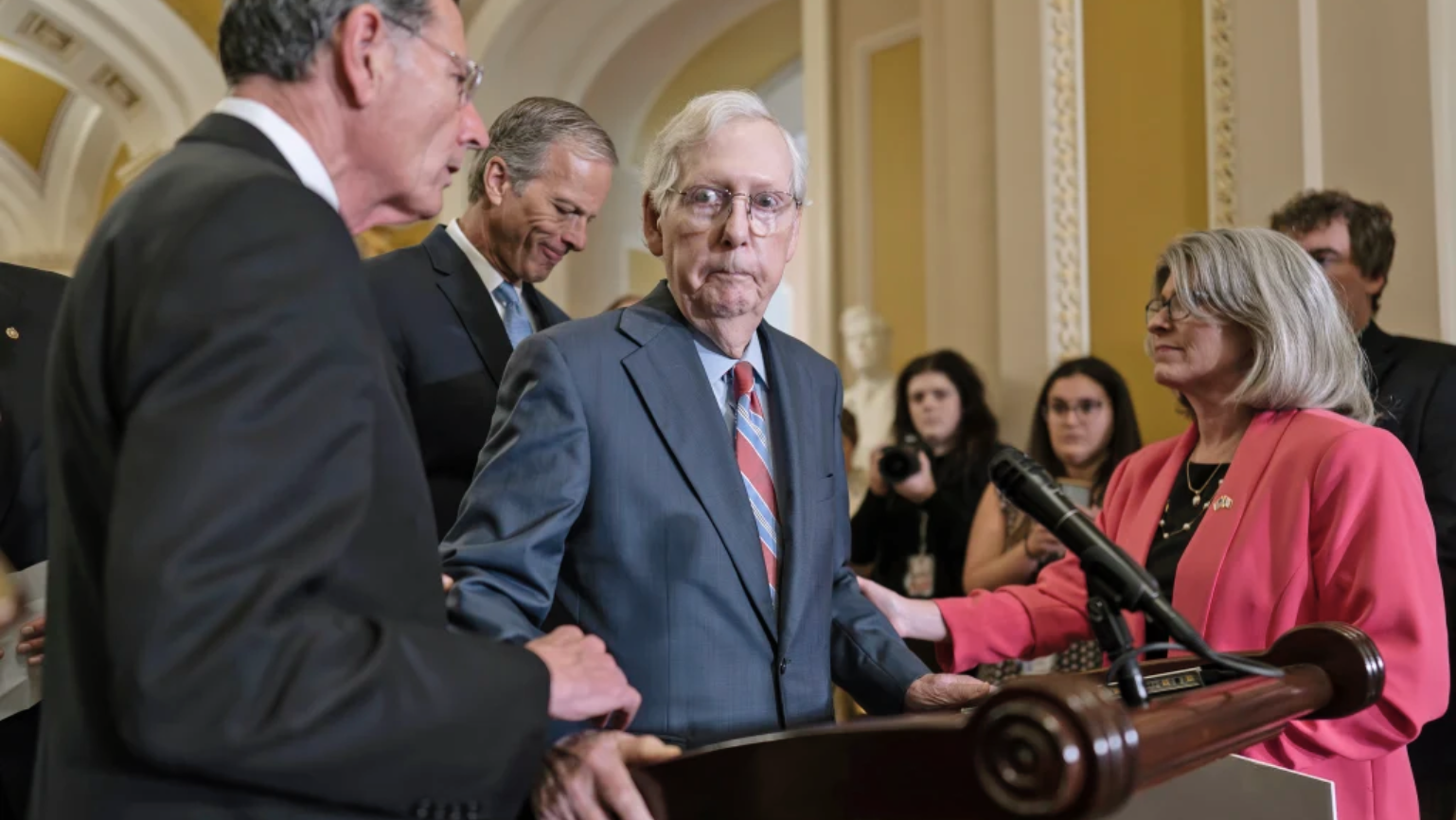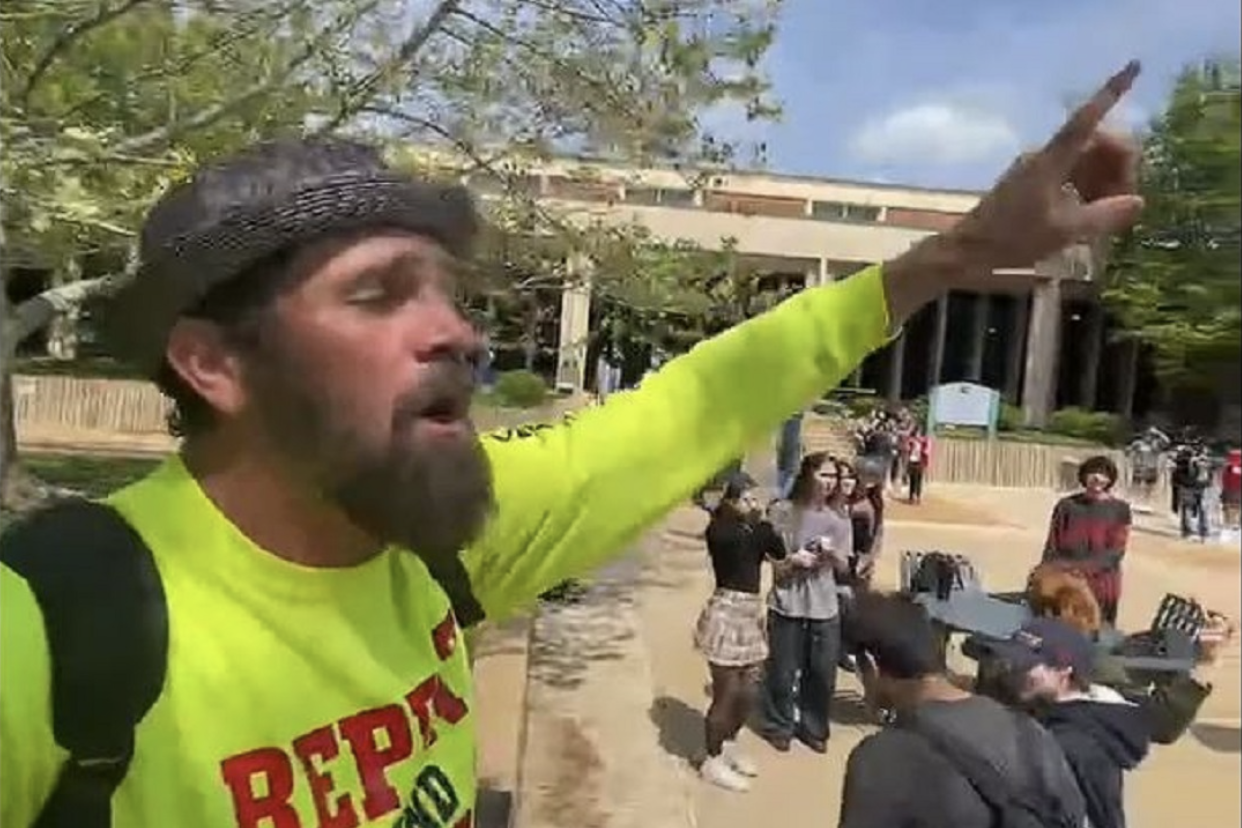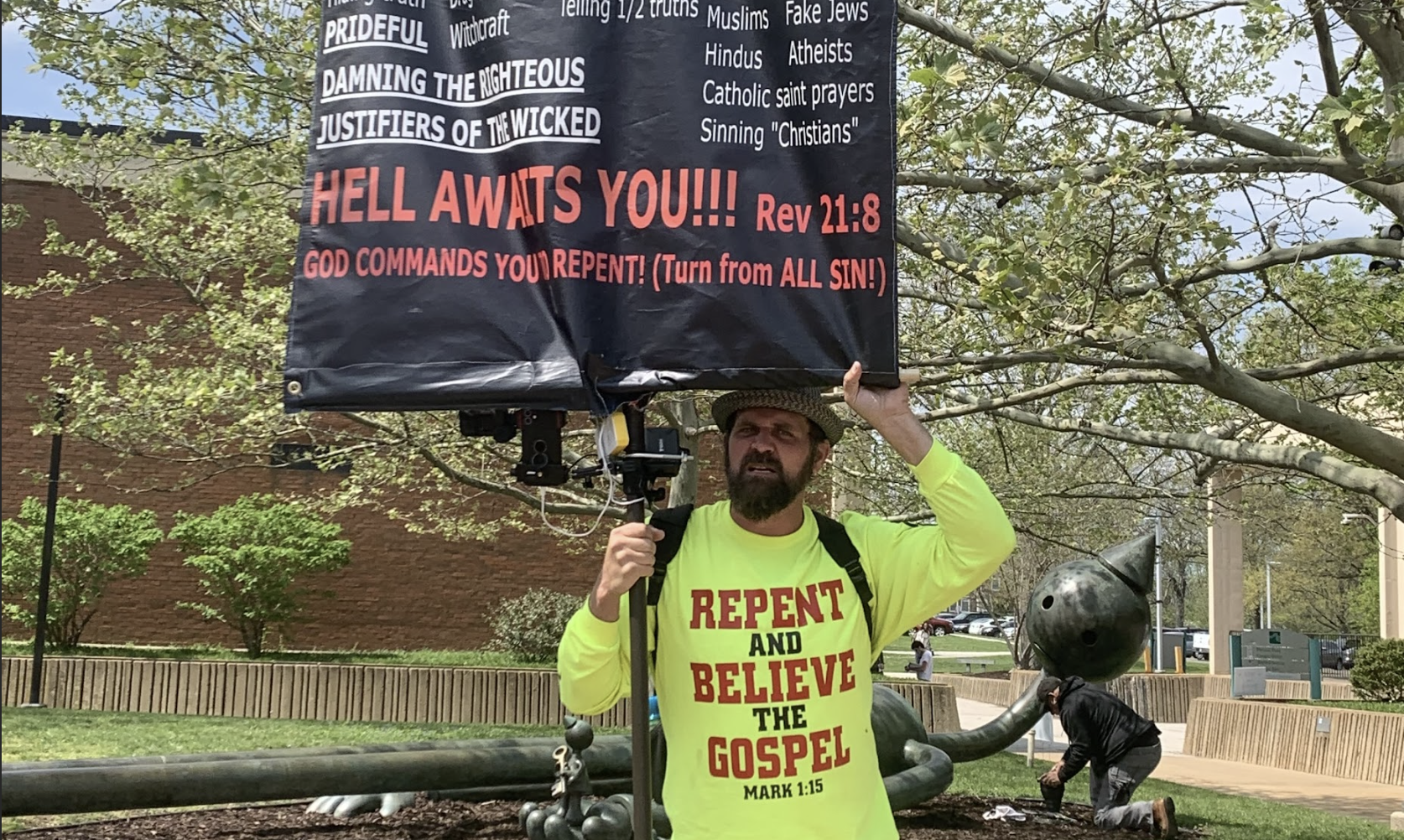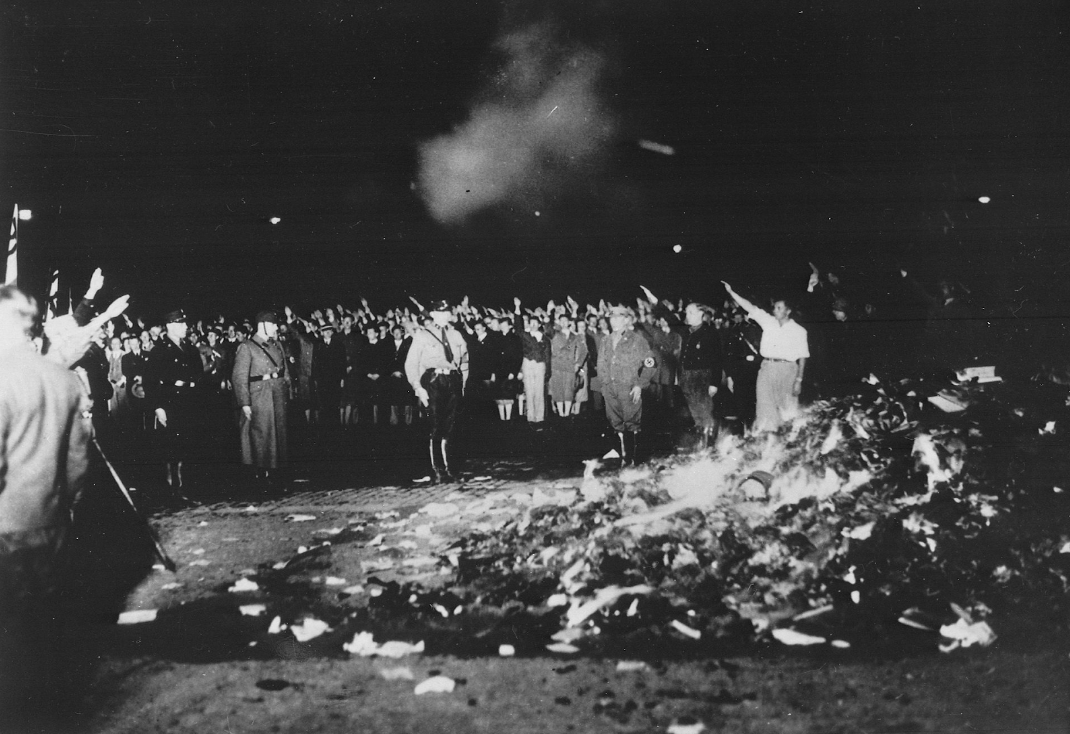Discussing the dangers of ageism
BY: JACK JURSNICH
Staff Writer
Ever since being a kid going into high school, I have observed prejudice between age groups growing larger over time. I can’t say this division was once nonexistent before my time but it has grown significantly through my life, especially in the past decade, where terms like “baby boomer” and “millennial” are thrown around loosely as insults or identities.
Categorization of age is somewhat necessary for identifying a person, but these age groups have been generalized and judged to feel either proud or ashamed. Some parents will recognize themselves as superior because their child is younger. Most children will see their parent’s age as an unfair form of authority and control. The trend I am used to seeing is Young vs. Old, Boomers vs. Millennials, but now current trends have focused on Millennials vs. Gen Z.
The divisions have multiplied, the gaps between ages have widened further and further, and I find it utterly ridiculous.
Normally, when it comes to something as ridiculous as this, I wouldn’t take it seriously. But the acceptance of such a form of prejudice has become so widespread. Typical forms of prejudice like racism and sexism are met with incredible pushback – anyone posting a racist or sexist post could receive hate comments or be reported – but when I see a self-proclaimed Millennial posting how they hate Gen-Z or Boomers, the comments will often soar in acceptance and agreement. Vice versa: Gen-Z hating on Millennial or Boomer hating on Gen-Z, there may or may not be some agreement, but this type of prejudice is acceptable and normalized. Just as anyone would say judging someone based on their skin or gender is overly childish, again, I find it ridiculous that the same is not said for judging based on age. If I can’t say generalized statements about a specific race or gender, what makes it acceptable for me to say something like “Gen-Z is lazy” or “Boomers killed the American Dream” or anything of that sort?
Age has become a political tool used to cut down a person’s credibility, like when the age of Congress and the Senate are used to correlate with incompetence. Too often do I see people online wanting new government officials because the current ones are “too old.”
Arguably, someone could show me Mitch McConnell freezing up during a press conference and say “he froze because he’s super old,” and I would counter with “was it because he’s old or because his mental state is declining?” Age tends to correlate with a person’s health and capability, but age is not the cause. There are plenty of 60-70 year old men and women who are capable of doing physical and mental challenges, and there are some who are not; their abilities are not defined by their age but by how well they care for their health.
I want to cut this piece short by discussing the dangers of ageism. Considering this prejudice roots itself in judging and generalizing features a person was born with and cannot alter, I think it is fair to say the dangers of age discrimination are potentially equal to that of racism or sexism. The difference with ageism here is that it has become normalized and lacks the same criticism that racism and sexism get. Under the same logic, all three should be unacceptable, but age discrimination seems to go about uncriticized too often.
Photo courtesy of NBC News.












